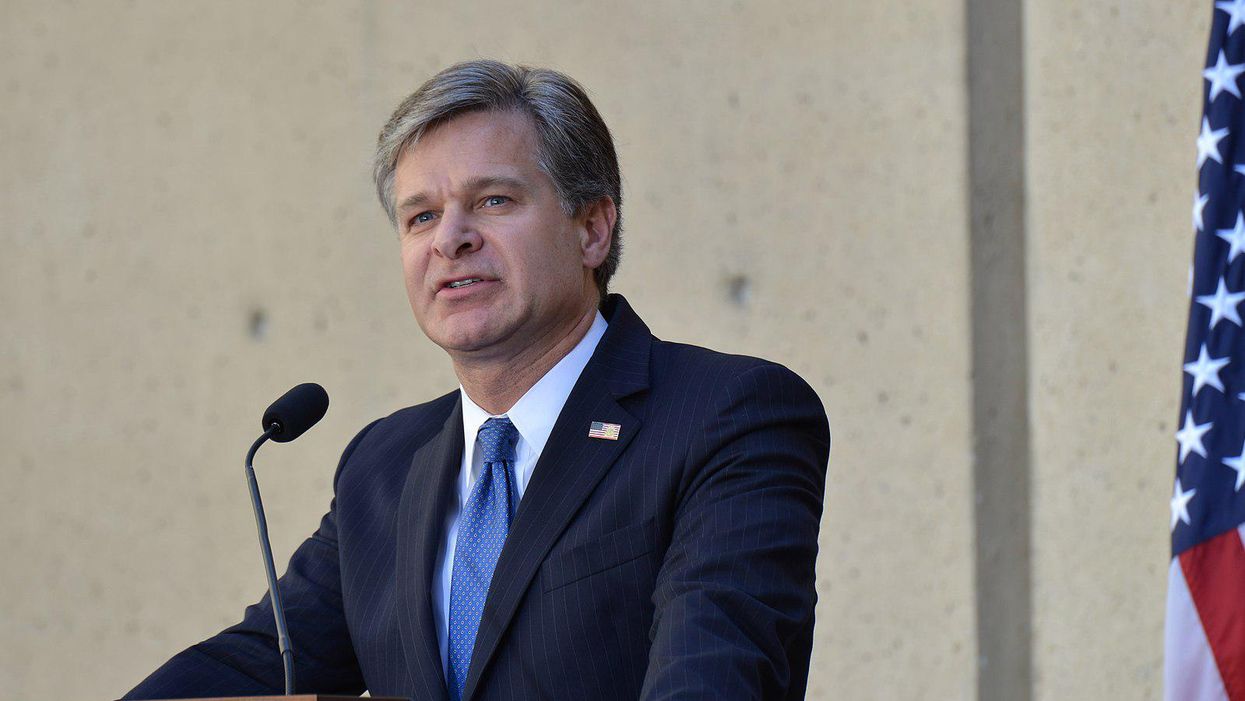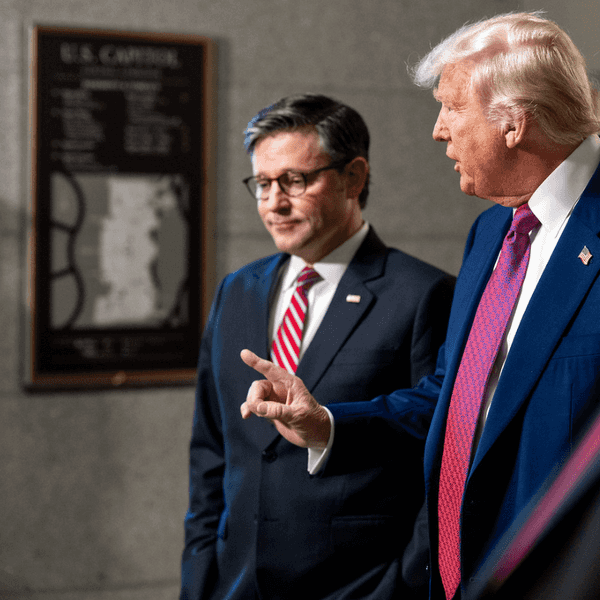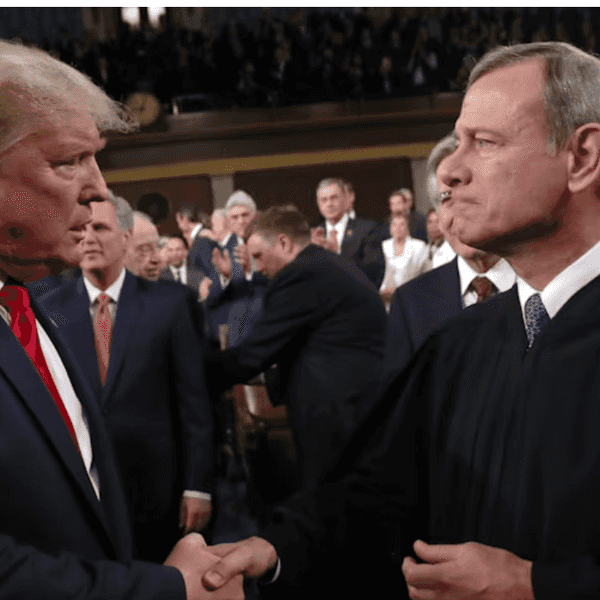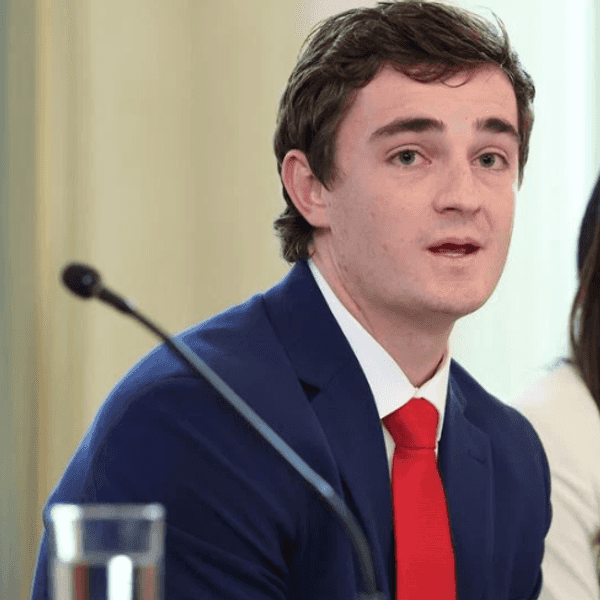FBI Director Faces Sharp New Scrutiny Over Kavanaugh Probe

FBI Director Faces Sharp New Scrutiny Over Kavanaugh Probe
Reprinted with permission from Alternet
When then-U.S. Supreme Court nominee Brett Kavanaugh was accused of sexual misconduct by Christine Blasey Ford — a psychology professor at Palo Alto University — in 2018, the FBI conducted an investigation. But Kavanaugh's critics argued that the investigation should have been much more comprehensive in light of the fact that then-President Donald Trump had nominated him for a lifetime appointment on the highest judicial body in the United States. FBI Director Christopher Wray's handling of that investigation, according to Guardian reporter Stephanie Kirchgaessner, continues to be scrutinized three years later.
Kirchgaessner explains, "The FBI director, Chris Wray, is facing new scrutiny of the Bureau's handling of its 2018 background investigation of Brett Kavanaugh, including its claim that the FBI lacked the authority to conduct a further investigation into the then-Supreme Court nominee. At the heart of the new questions that Wray will face later this week, when he testifies before the Senate Judiciary Committee, is a 2010 memorandum of understanding that the FBI has recently said constrained the agency's ability to conduct any further investigations of allegations of misconduct."
In 2018, Kavanaugh was accused of sexual misconduct not only by Ford, but also, by Deborah Ramirez (one of Kavanaugh's classmates at Yale University in the 1980s) and web developer Julie Swetnick (who also knew Kavanaugh during his Yale days). Ford testified during now-Justice Kavanaugh's Senate confirmation hearings; Ramirez and Swetnick did not. And critics of Kavanaugh believed that Ramirez and Swetnick's allegations should have been thoroughly investigated by law enforcement. Kavanaugh flatly denied their accusations.
"The FBI closed its extended background check of Kavanaugh after four days and did not interview either Blasey Ford or Kavanaugh," Kirchgaessner notes. "The FBI also disclosed to the Senate this June — two years after questions were initially asked — that it had received 4500 tips from the public during the background check and that it had shared all 'relevant tips' with the White House counsel at that time. It is not clear whether those tips were ever investigated."
In a letter sent to two Democratic U.S. senators, Sen. Chris Coons of Delaware and Sen. Sheldon Whitehouse of Rhode Island, the FBI said that under the 2010 memo of understanding, it didn't have the authority to "unilaterally conduct further investigative activity absent instructions from the requesting entity." Kirchgaessner reports, however, that "an examination by The Guardian of the 2010 MOU, which was signed by the then-Attorney General Eric Holder and then-White House Counsel Robert Bauer, does not make explicitly clear that the FBI was restricted in terms of how it would conduct its investigation."
According to Kirchgaessner, "Wray is likely to face scrutiny on why information that was specific to the allegations of sexual misconduct was not fully explored, including evidence that was reportedly offered to investigators by an alleged witness named Max Stier, an attorney and former classmate of Ramirez, who reportedly notified senators that he had witnessed an event similar to the one recounted by Ramirez. Stier's account was never examined by the FBI."
The FBI declined to be interviewed for Kirchgaessner's article, but Whitehouse agreed to be interviewed.
The Rhode Island Democrat told the Guardian, "In its years-late response to our questions, the FBI leaned hard on the notion that this MOU limited its authority to be the FBI and investigate wrongdoing. Now that we have the MOU, it's even harder to understand the Bureau's excuses for ignoring credible information it received. Director Wray ought to be ready to answer my questions about this episode — I won't stop asking until he does."
- Brett Kavanaugh Exposed As Ken Starr's Designated Leaker ... ›
- Sen. Whitehouse Says FBI Background Check On Brett Kavanaugh ... ›
- Democrats renew questions about FBI probe of Kavanaugh ›
- FBI Director Chris Wray: Brett Kavanaugh background probe 'limited ... ›
- FBI Cited Memo to Avoid Investigating Brett Kavanaugh During ... ›
- After New Details on Kavanaugh Investigation Surface, Senators ... ›
- FBI director faces new scrutiny over investigation of Brett Kavanaugh ... ›
- Democrats blast FBI as new details of Kavanaugh inquiry emerge ›
- The Kavanaugh FBI Probe Was Doomed from the Start | GQ ›








